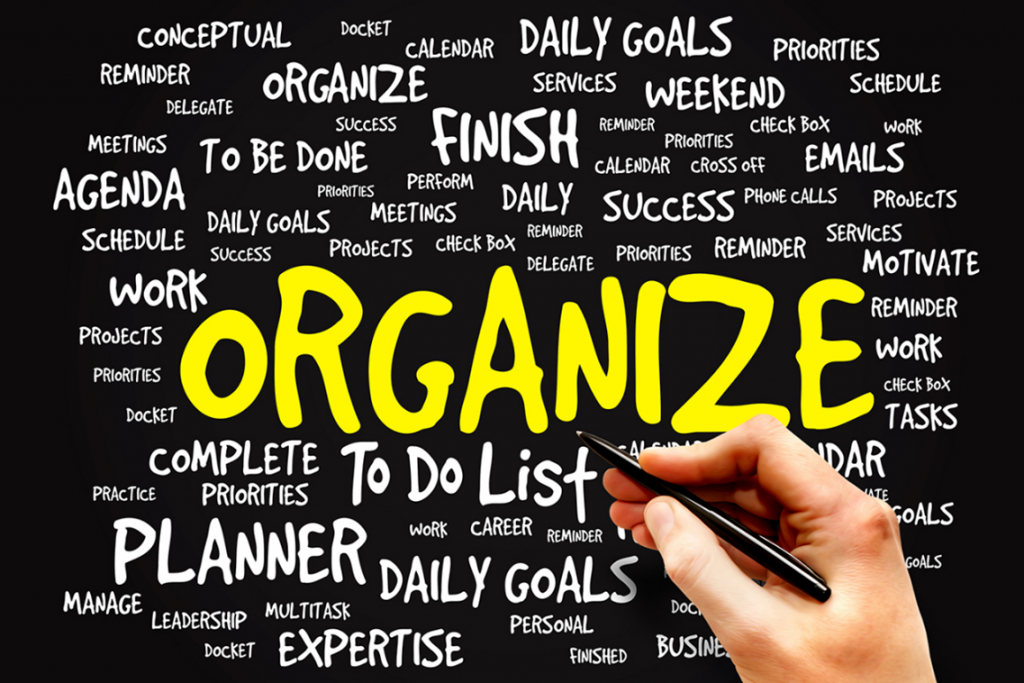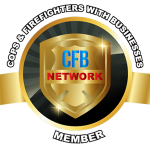
When you consider your work life and your personal life, do you reflect on your organization and its effect on productivity? I talk a lot about planning in investigations, audits, and interviews, but am I holistically applying it across the board. I recently appeared on a podcast and was asked about why I hadn’t written a book.
Well, my mouth caused me to say I was working on one and now I have an accountability partner to get it done. And to rub it in, she sent me a copy of her book…motivation for me. On that note, check the book out, it is excellent. “Embezzlement” by Kelly Paxton known the guru of pink-collar crime.
I am working on three books, why aren’t any of them finished and out there? I needed to reflect on problems with organization and productivity. And the old excuse that I’m juggling a lot of balls is old, worn out, and simply a rationalization. My examination revealed issues with distraction, organization, and productivity. As I thought about it, these are issues in many facets of life, and certainly in the business of investigations and auditing. So, what do we each do?
If you’re struggling to be productive or to be productive consistently, a lack of organization could be at the root of the problem. For some people organization comes naturally, but for most people it requires some energy to learn organization skills. Are we organized in the areas we like and neglect those less comfortable and satisfying areas?
Much like interviewing, investigations, and auditing, we need to be consistent and apply a standard that will work across the board. When that happens, it becomes habit and we just do it, we don’t have to think about it. With the amount of work we have in the professional requirement this organization is essential to productivity and success.So, even if you’re not inherently organized, there are many things you can do to improve your organization one step at a time.
Clean Your Work Area. If your work area looks like it was the victim of a recent natural disaster, your productivity will suffer. The first step toward better organization is cleaning your work area and keep it clean.
This means getting rid of trash, organizing papers in file folders or binders, designating storage spaces for office supplies, and throwing away materials that are duplicates or that you no longer need. I do it in my workshop, why don’t I do it regularly in my office?
Organize Your Computer and Email. If your computer desktop has fifty icons on it and your email list has hundreds (or thousands) of emails, it’s time to clean those areas. Make sure that all important documents are stored in logical folders and remove any unused icons from your desktop.
Spend a day organizing email so that unimportant emails are deleted, and important emails are organized into folders so you can refer to them when you need them. If you have unread mail, read it. Oh, you don’t want to know how much work this was for me. I seem to hoard emails. If they had a hoarding email television show I would be the winner.
Use a Planner. Productive people plan each day with purpose. Using a daily planner – either on paper or electronically – can help you to stay on track and become more productive. It’s best to plan the next day’s work at the end of your workday so that you can begin fresh the next day and know what needs to be done first.
Remember poor planning on your part, doesn’t constitute and emergency on my part. I teach the importance of this in interviewing repeatedly, but don’t necessarily apply it to my workday. We must strategically plan our work, leads, audit engagements, and interviews to be effective.
Focus Your Efforts. Instead of worrying about trying to do everything at once, learn to focus instead of multi-tasking. There are those that think they can multi-task and do everything equally well, but this cognitively is not possible.
Set a designated time or times each day to read email, respond to voicemail, and work on social media. The rest of your day should be spent on more important tasks that you have planned for.
Even at my advanced age, I allow social media to creep into my work activities when I am doing something far more important. I see a message and flip to LinkedIn when I am in the middle of preparing a presentation or contract. This diverts our focus and productivity. Do you?
Don’t Procrastinate. Sometimes it’s tempting to put off tasks that are less desirable. But all this does is get you behind schedule and put off the inevitable. When you need to do something, just use self-discipline to complete the task and move on. You’ll save time and energy.
This one is hard. I put off things I don’t enjoy or that feel overwhelming but putting it off doesn’t mean that it stops affecting your cognitive resources. Schedule it, and get it done. In the planning, intersperse those enjoyable tasks with the more arduous ones.
Stick to a Routine. It’s easier to be productive when you stick to a consistent schedule instead of doing things differently each day. This may sound boring, but over time you’ll find you appreciate and like the regularity of a routine and you’ll get more done in less time.
If you plan it, you will do it. It is not boring; we are creatures of habit, and this approach helps to allow you to anticipate where your productivity will be focused.
This list could be much longer. The demands on our time and energies are many but implementing these can save time and increase results. If you have others, drop me a line and share. I can always get better.
Anderson Investigative Associates is positioned to custom-tailor training to your specific needs. If you have any questions or would like to discuss the above or any training need, please reach out to me. Additional issues pertaining to interviewing and investigations can be found in other blogs and videos that I have produced and are contained in most blocks of instruction that our company presents.
If you have additional questions, comments, or have an interviewing topic you would like me to address, give me a shout. In the meantime, be well, stay safe out there, and hone that productivity.
Mark A. Anderson
Director of Training and Development
Anderson Investigative Associates, llc
114 Loucks Avenue
Scottdale, PA 15683
manderson@andersoninvestigative.com
tel:912-571-6686
